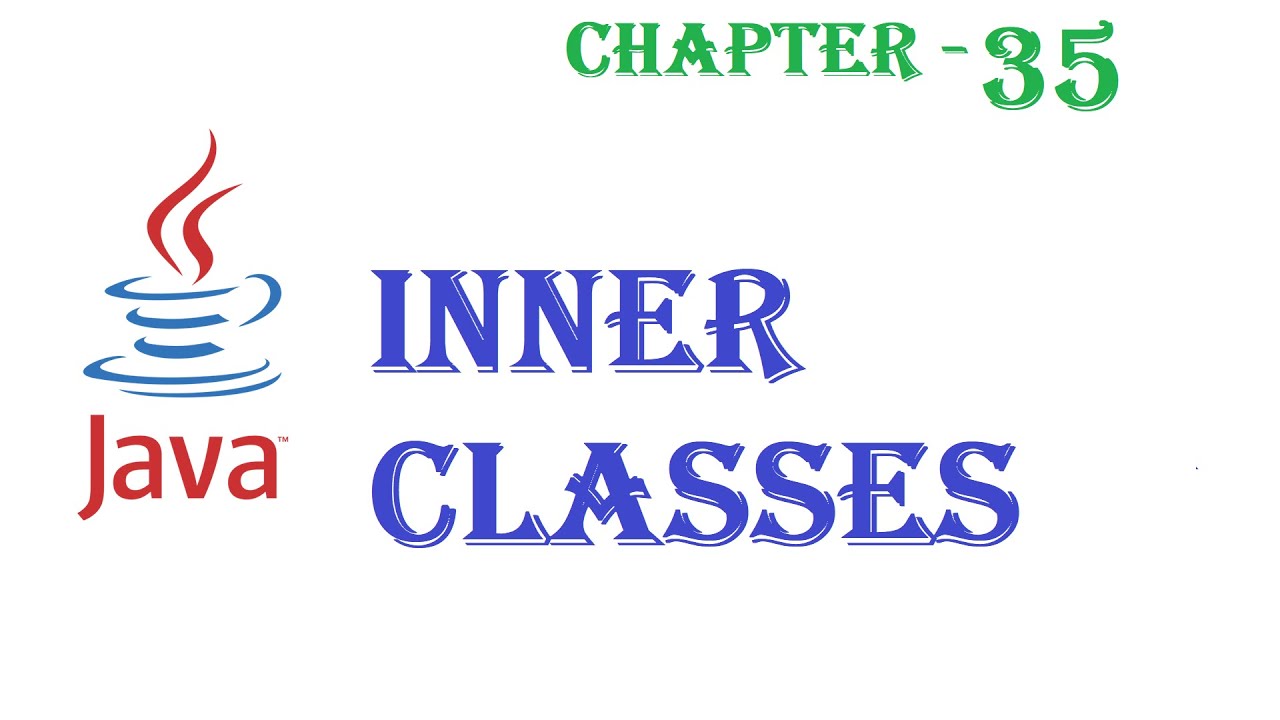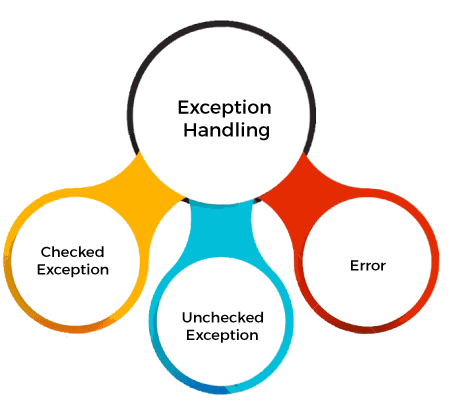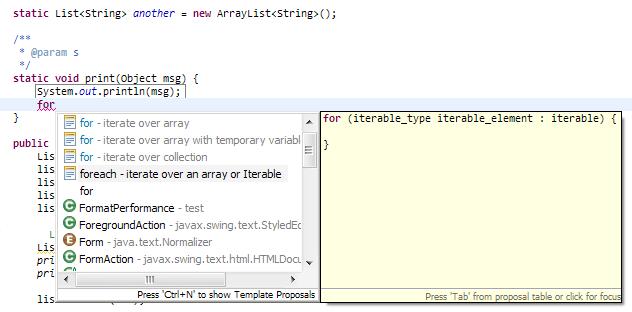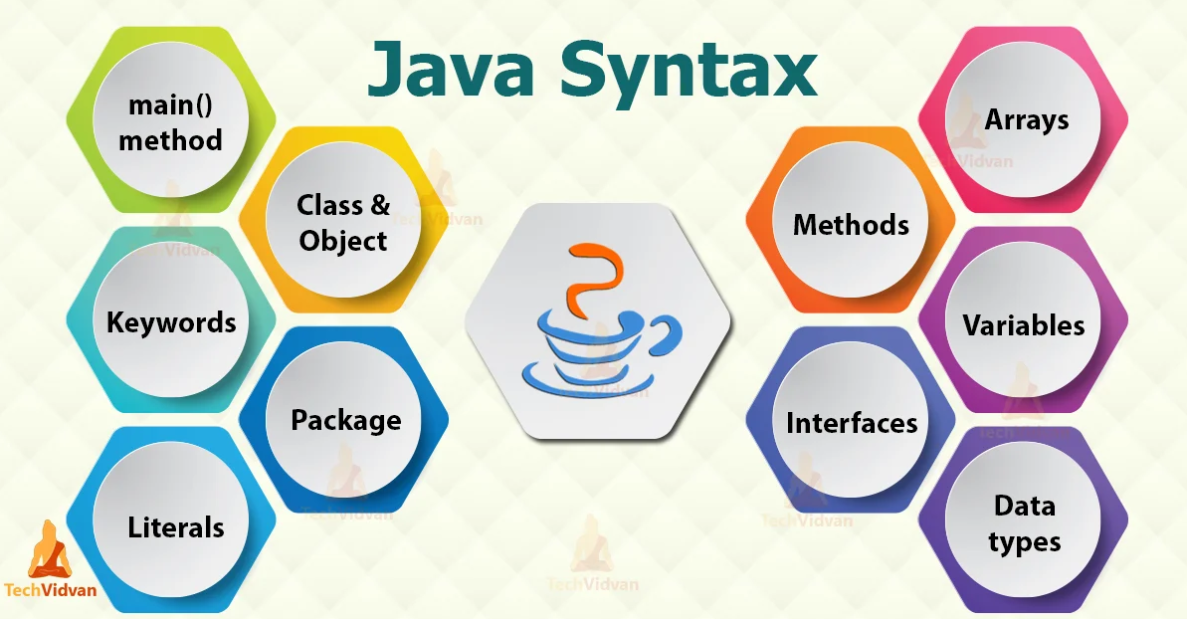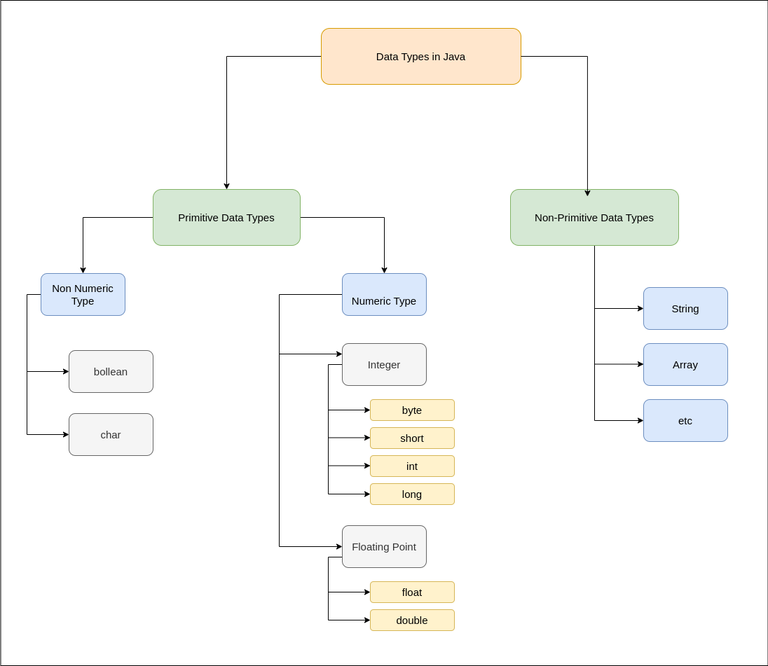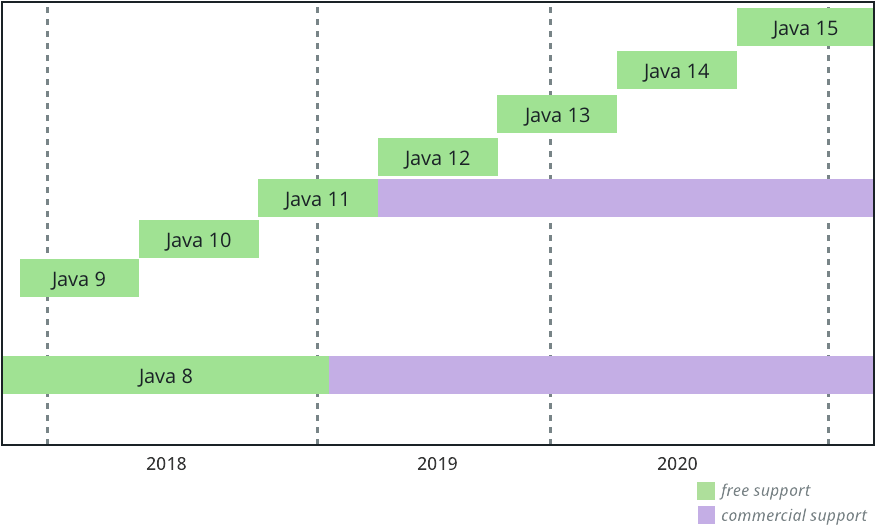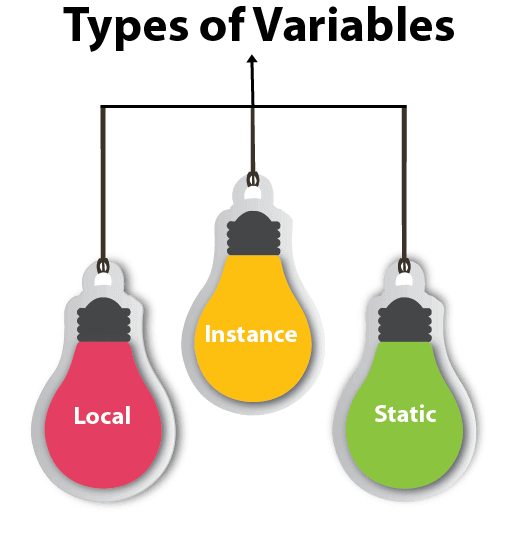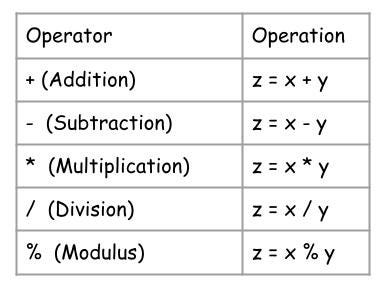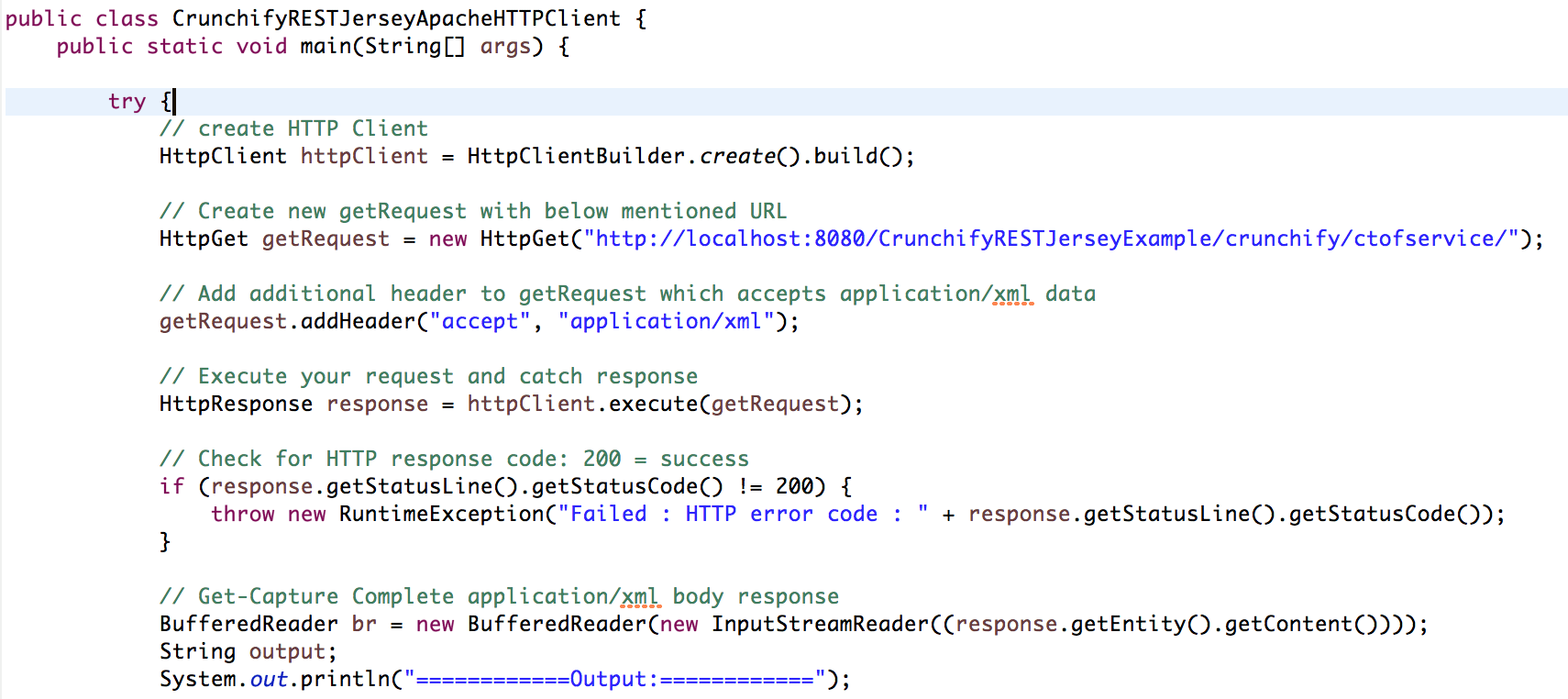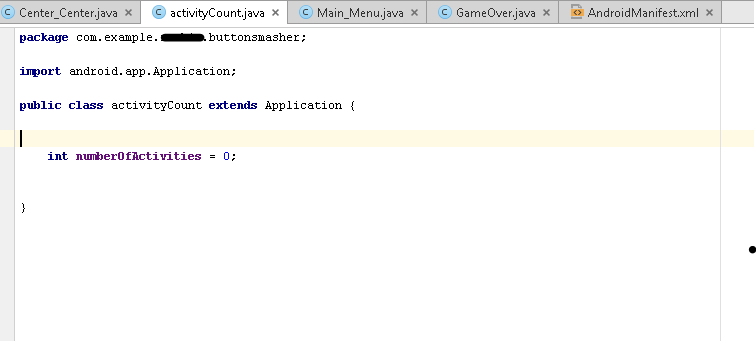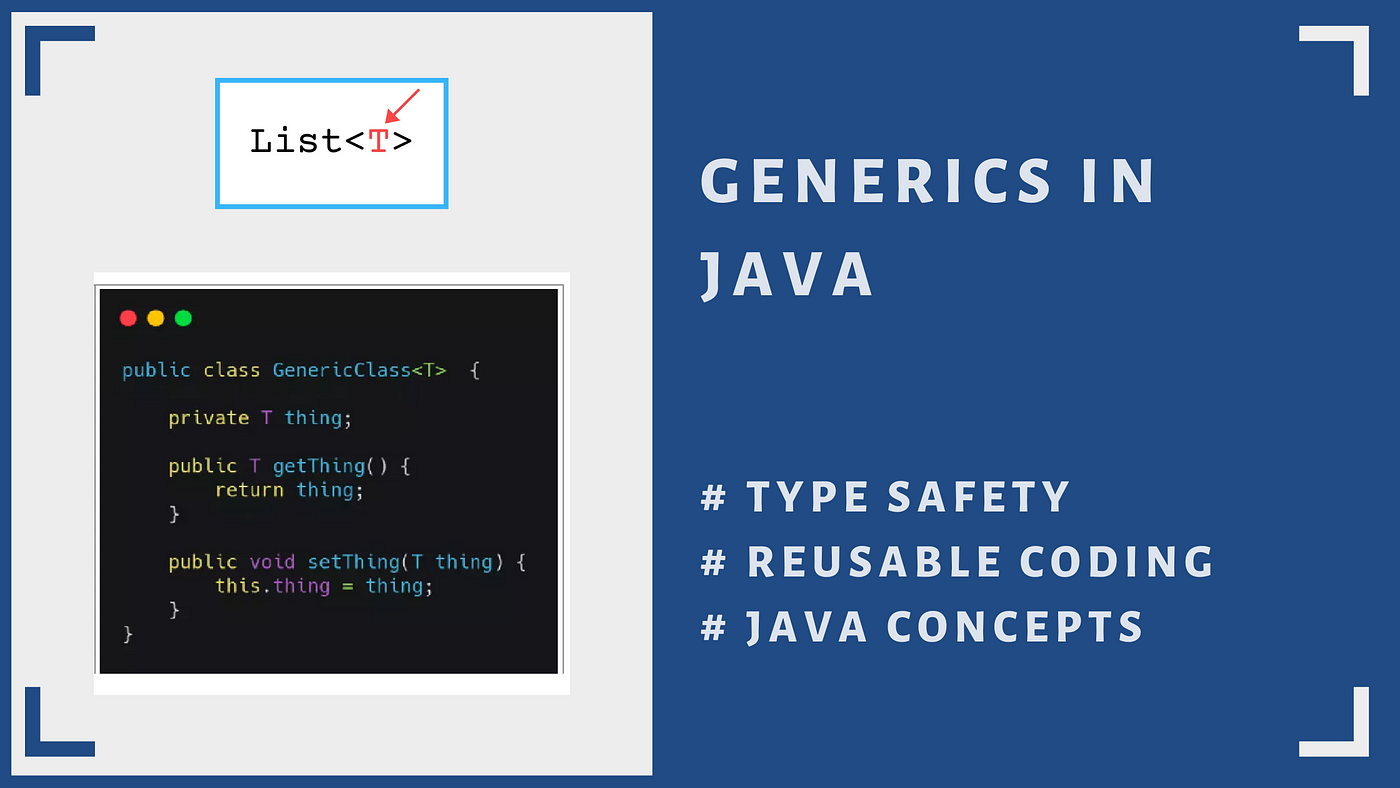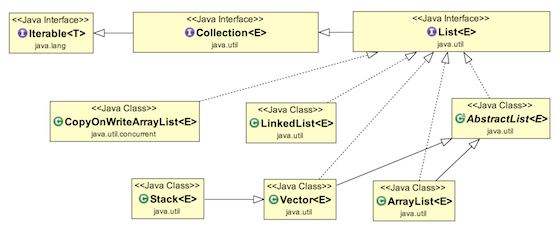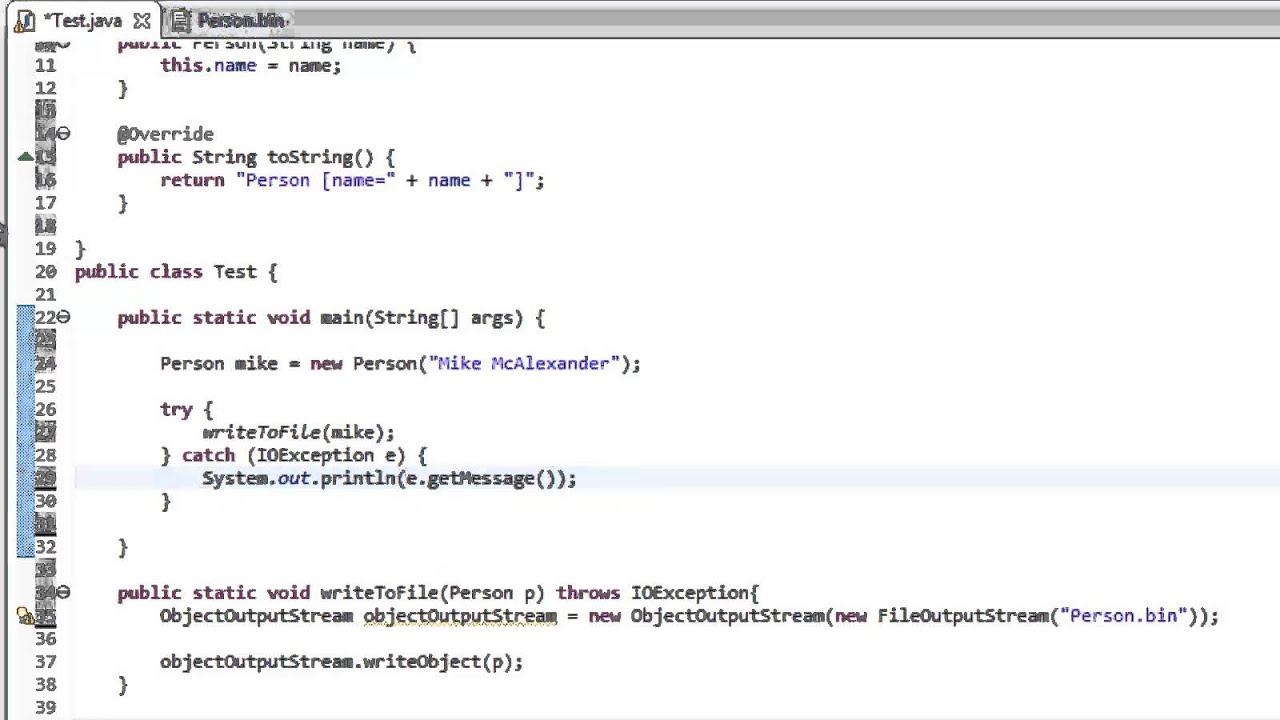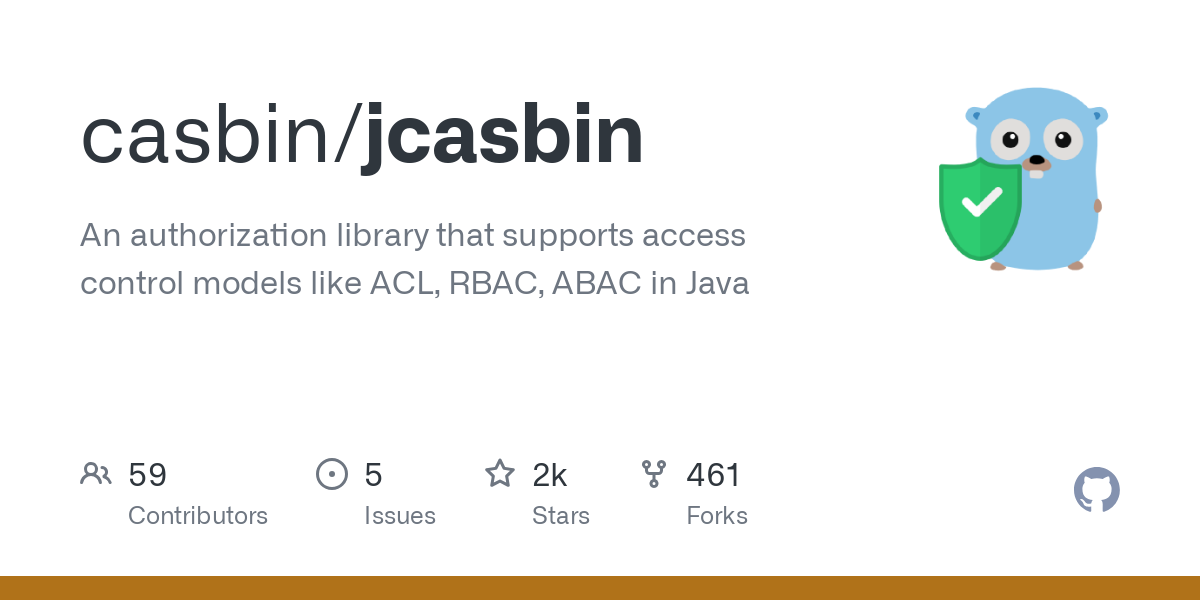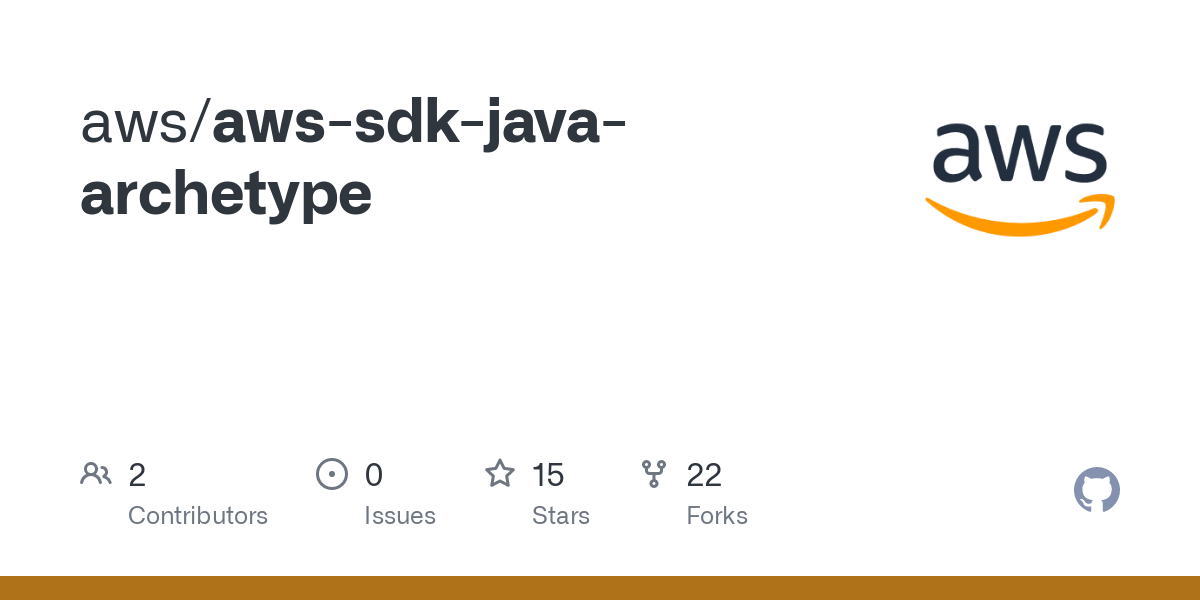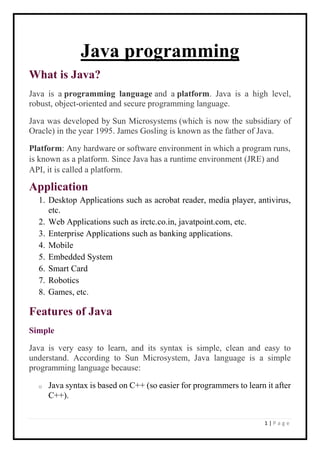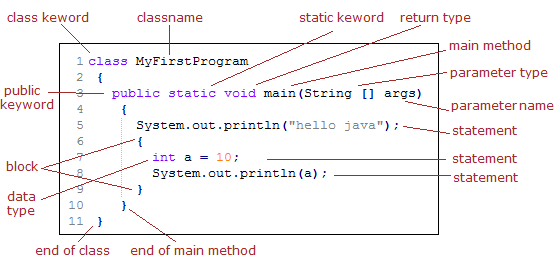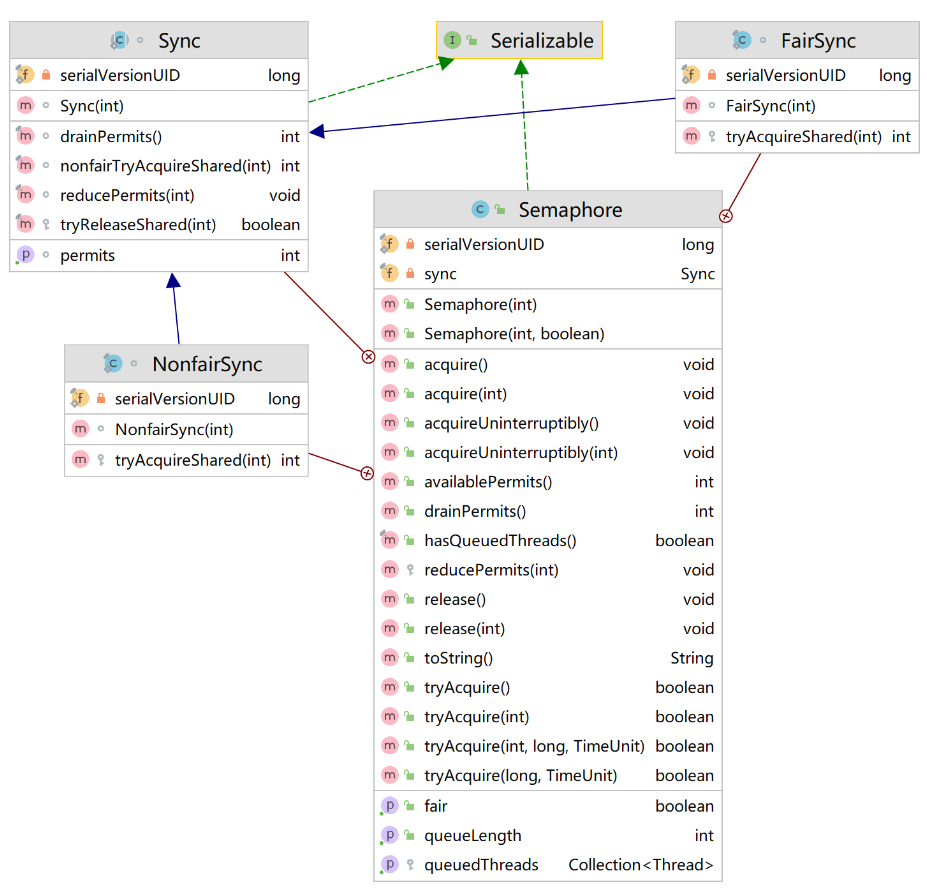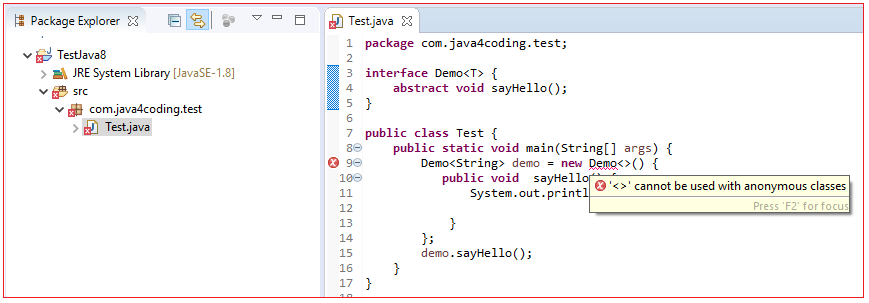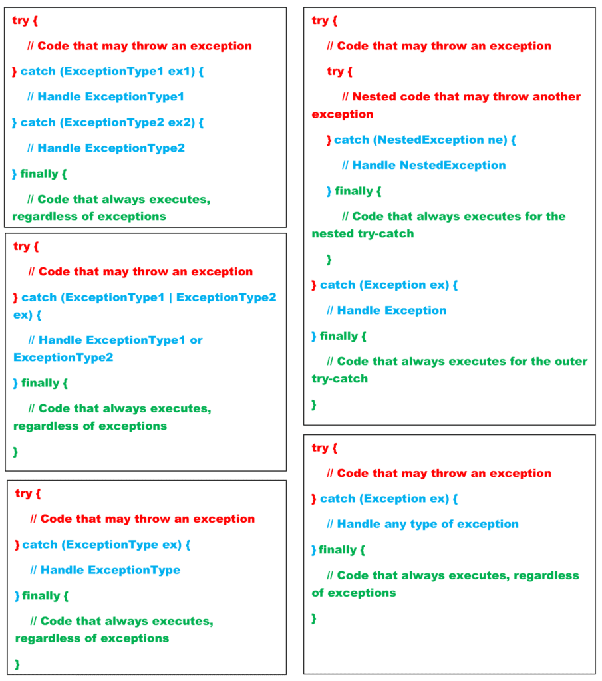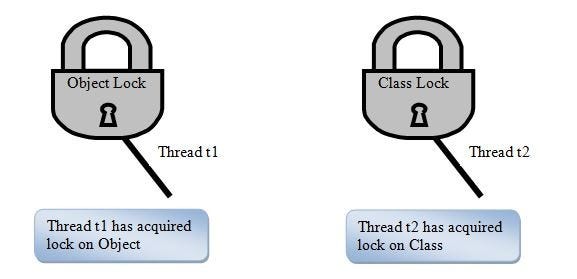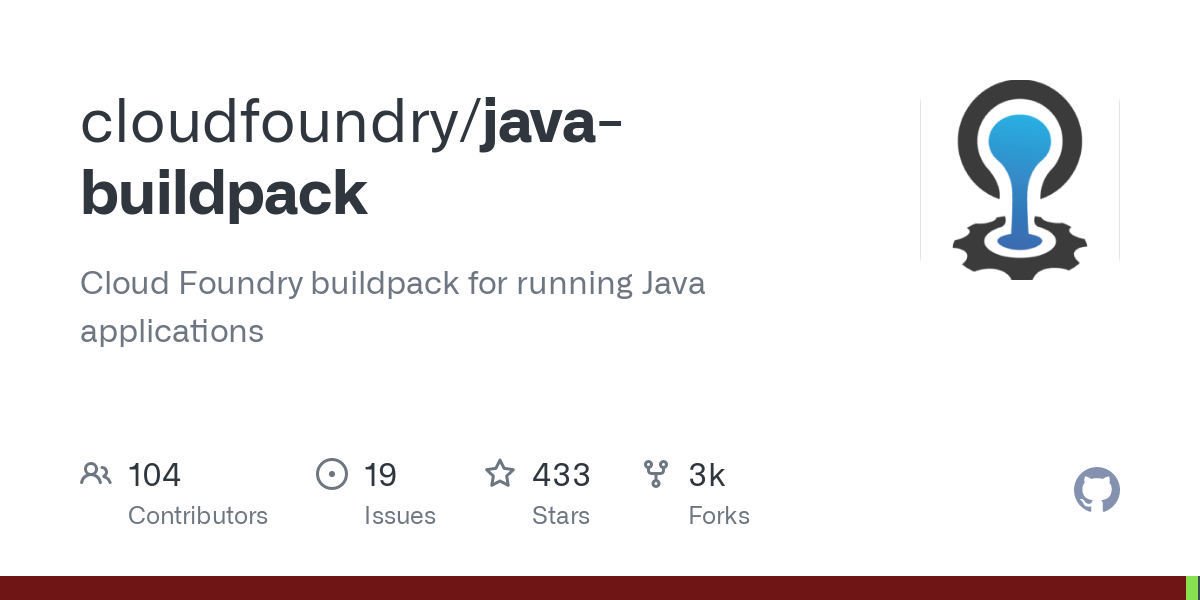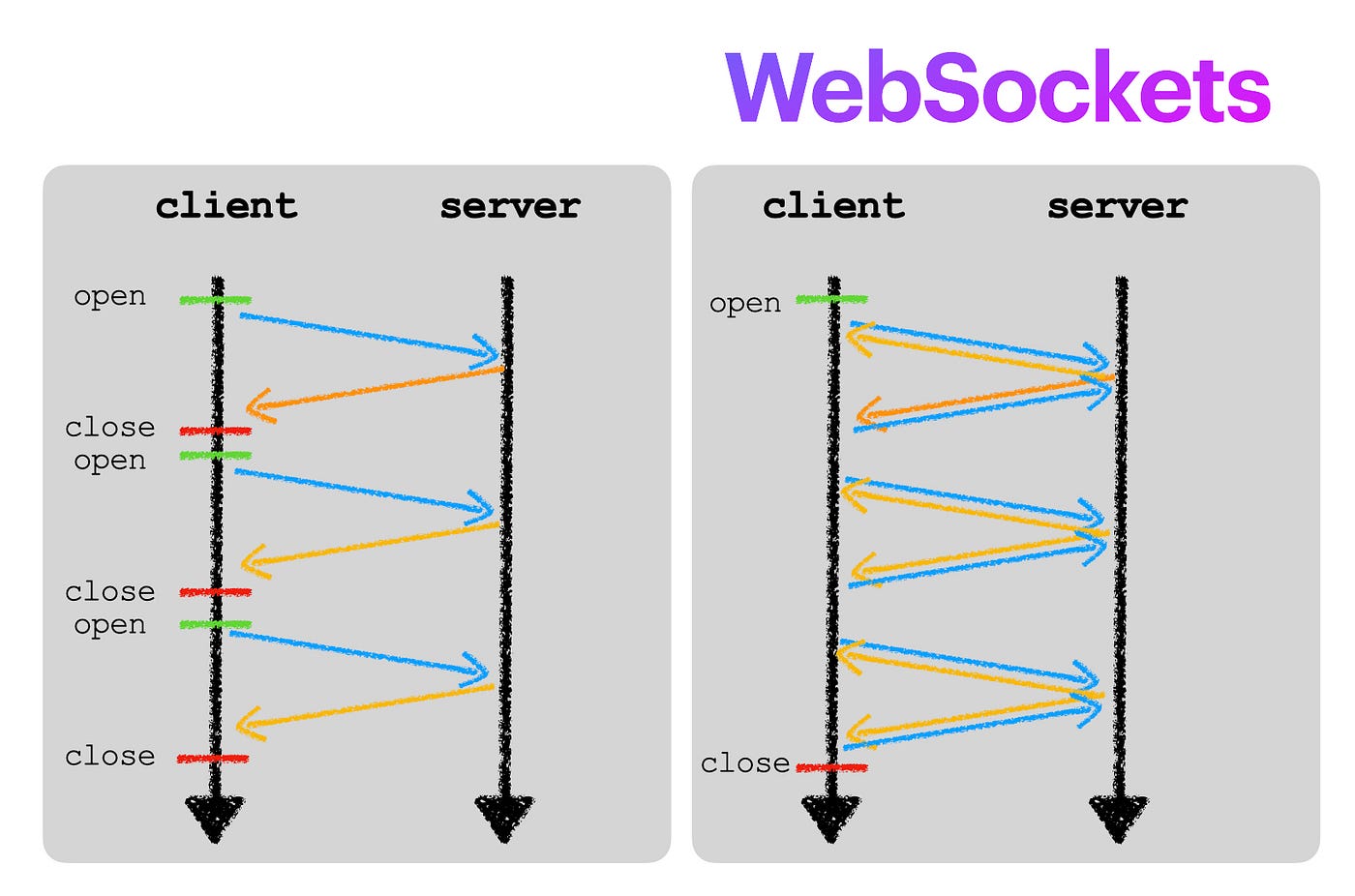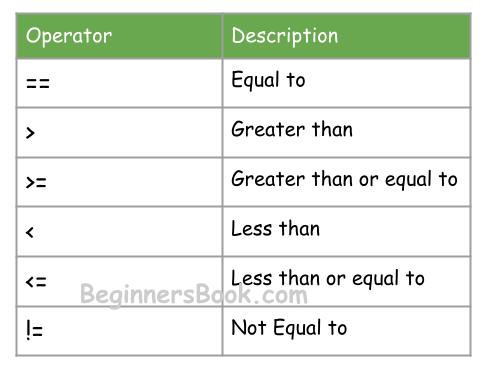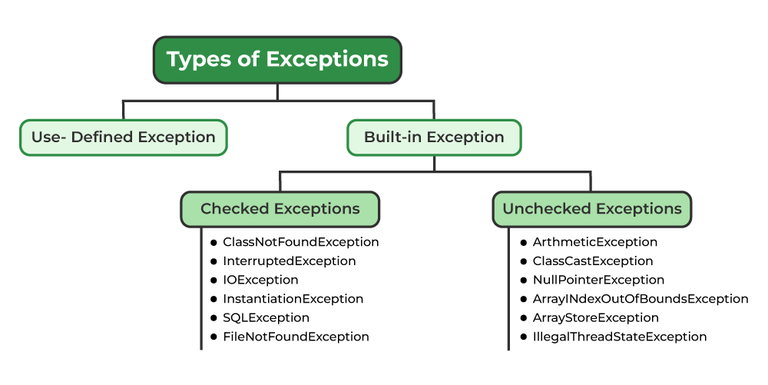Should I learn Java as a data scientist?
Should I learn Java as a data scientist?
As a data scientist, it's natural to wonder whether learning Java is worthwhile. The answer depends on several factors, including your current skillset, the type of projects you want to work on, and your overall career goals.
Java is a popular programming language that has been widely used in various fields, including data science. Here are some reasons why you might consider learning Java:
Large-scale data processing: Java is well-suited for handling large datasets and performing complex data processing tasks. Many big data tools and frameworks, such as Hadoop and Spark, have Java-based APIs that you can leverage. Machine learning libraries: Java has a rich ecosystem of machine learning libraries, including Weka, Deeplearning4j, and HPPC. These libraries provide implementations of popular algorithms for tasks like regression, classification, clustering, and more. Distributed computing: Java's distributed computing capabilities make it an excellent choice for parallelizing computationally intensive tasks. This is particularly useful when working with massive datasets that require processing power. Integration with other tools: As a data scientist, you may need to integrate your code with other tools and platforms. Java's platform independence and versatility make it easy to interact with various systems, such as databases, web services, or cloud-based APIs. Career opportunities: Knowing Java can open up more career paths in data science. With the growing demand for big data analytics and machine learning capabilities, having Java skills can set you apart from other job candidates.However, it's essential to consider a few things before deciding to learn Java:
Python dominance: Python has become the de facto language for many data science tasks due to its ease of use, extensive libraries (e.g., scikit-learn, TensorFlow), and the popularity of frameworks like Keras and PyTorch. Java's steep learning curve: While Java is a powerful language, it can be challenging to learn, especially for those without prior experience with object-oriented programming or Java-specific concepts like garbage collection and exception handling. Alternative languages: You may already have a strong foundation in Python, R, or another language that serves your data science needs. In this case, you might not need to learn Java.To answer your question: Should I learn Java as a data scientist? The answer is:
Maybe.
If you're interested in working with large datasets, using machine learning libraries, or building distributed computing applications, Java can be a valuable skill to have. However, if you're already comfortable with Python or another language and don't see immediate benefits from learning Java, it might not be the best use of your time.
In conclusion:
If you want to work with large-scale data processing, machine learning libraries, or distributed computing, Java is definitely worth considering. If you're looking for a language that integrates well with other tools and platforms, Java's versatility makes it an attractive option. However, if Python or another language serves your needs, there might not be a compelling reason to learn Java.Ultimately, the decision to learn Java as a data scientist depends on your specific goals, interests, and career aspirations.
Java vs python for data science salary
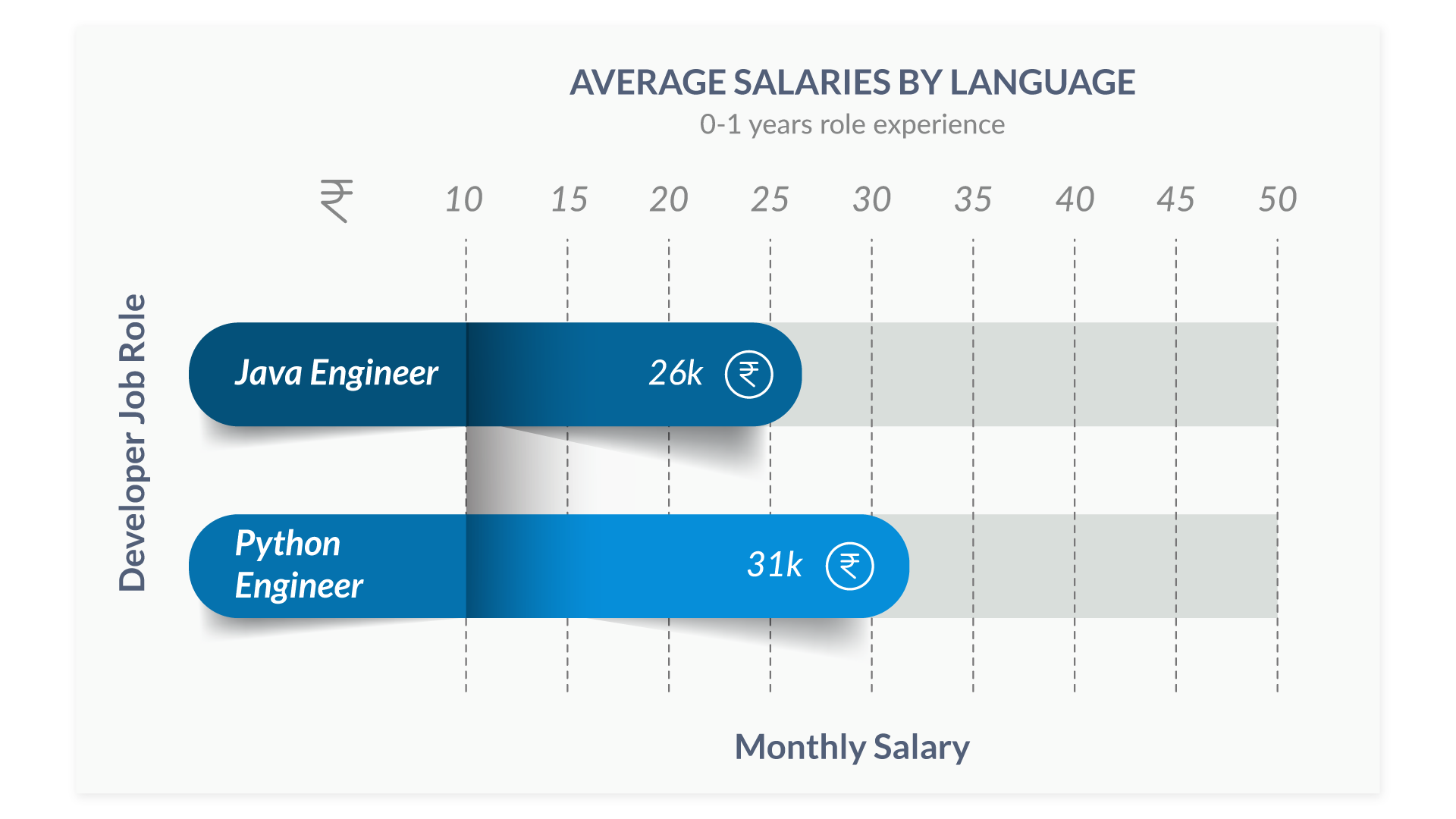
The age-old debate: Java vs Python for Data Science! As we dive into the world of data science, it's crucial to consider the programming languages that will get you hired and keep you there. Salary-wise, both Java and Python are excellent choices, but let's explore their differences in more detail.
Python
Python is widely regarded as one of the most popular languages in data science, and for good reason. Its simplicity, readability, and ease of use make it an attractive choice for beginners and experts alike. The rise of Python has been rapid, with many companies like Google, Facebook, and Netflix adopting it as their primary language.
Some notable advantages of using Python include:
Ease of Learning: Python is a beginner-friendly language that requires minimal setup and coding expertise. Libraries and Frameworks: Python has an extensive range of libraries (e.g., NumPy, pandas, scikit-learn) and frameworks (e.g., TensorFlow, Keras, PyTorch) for data manipulation, visualization, and machine learning. Rapid Development: Python's syntax is designed to encourage rapid prototyping and development, making it perfect for quick-and-dirty projects.As a result, Python-based data science roles are in high demand, with average salaries ranging from:
Junior Data Scientist: $80,000 - $120,000 per year Senior Data Scientist: $140,000 - $200,000 per yearJava
Java is another powerful programming language that's widely used in data science. Its object-oriented nature and robust ecosystem make it an excellent choice for complex applications.
Some key advantages of using Java include:
Enterprise-Grade: Java is built for large-scale enterprise applications, making it a popular choice for organizations with extensive data infrastructure. Robust Ecosystem: Java has an enormous range of libraries (e.g., Weka, Deeplearning4j) and frameworks (e.g., Apache Spark, Hadoop) for data manipulation, machine learning, and big data processing. Scalability: Java is well-suited for large-scale projects that require scalability and reliability.In terms of salary, Java-based data science roles are slightly higher than Python-based ones:
Junior Data Scientist: $90,000 - $130,000 per year Senior Data Scientist: $160,000 - $220,000 per yearConclusion
Both Java and Python are excellent choices for data scientists, with salaries ranging from $80,000 to $220,000 per year. While Python is often the preferred choice for rapid prototyping and development, Java is better suited for large-scale enterprise applications.
When deciding between these two languages, consider:
Your goals: Are you looking for a career in machine learning or big data processing? Python might be the way to go. The organization: Are you working for an enterprise-level company with existing infrastructure? Java could be a better fit. Your skillset: Do you have experience with Java or Python? Leverage your existing skills and build on them.Remember, the most important aspect is to focus on developing strong data science skills, regardless of the programming language you choose. Happy coding!
